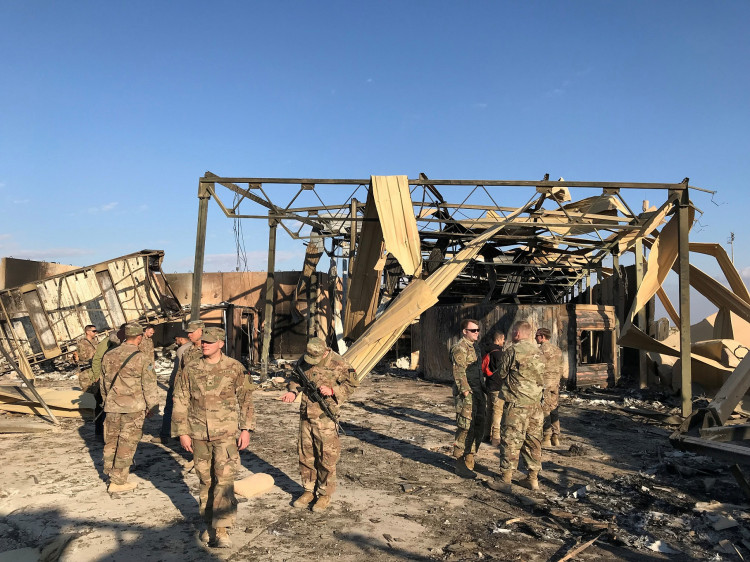In a decisive move, the United States military executed targeted airstrikes on Iranian-backed militia facilities in Syria, marking a significant escalation in the ongoing tensions between Washington and Tehran. The strikes, which were confirmed by both U.S. and Syrian officials, were aimed at deterring future attacks against American and coalition forces in the region.
The Pentagon, in a statement, detailed that the strikes were in response to recent attacks against U.S. personnel in Iraq. The operation targeted three separate facilities near the Syria-Iraq border, which are believed to be used by Iranian-backed militias for operational planning and weapons storage. The U.S. Department of Defense emphasized that the operation was both necessary and proportionate, aiming to de-escalate the situation in the region.
While the exact number of casualties remains unconfirmed, Syrian Observatory for Human Rights, a UK-based monitoring group, reported that at least 12 pro-Iranian fighters were killed in the strikes. The group also highlighted that the facilities hit were used by the Iranian Revolutionary Guard, a faction that has been a longstanding adversary of the U.S. in the Middle East.
The airstrikes come at a time when the Biden administration is navigating delicate negotiations with Iran over its nuclear program. The operation could potentially complicate these talks, as Tehran has previously warned against any aggression on its allied forces in the region. However, U.S. officials have reiterated that their primary objective remains the safety and security of American personnel and partners in the Middle East.
The recent attacks in Iraq that prompted the U.S. response were particularly alarming. A barrage of rockets targeted an Iraqi military base hosting U.S. troops, resulting in injuries. The U.S. laid the blame squarely on Iranian-backed militias, asserting that such provocations would not go unanswered.
The international community has been closely monitoring the situation, with many nations urging restraint. The airstrikes have elicited a range of reactions, from support to condemnation. Some view the U.S. action as a necessary step to protect its interests and deter future attacks, while others see it as an escalation that could further destabilize the already volatile region.
The U.S. has maintained a presence in Syria for several years, primarily to combat the ISIS threat. However, the dynamics in the region have shifted, with Iran's influence growing, particularly through its support of various militias. These groups have been involved in numerous skirmishes with U.S. forces, leading to heightened tensions.
It remains to be seen how Iran will respond to the latest U.S. action. Historically, Tehran has retaliated against perceived aggressions, either directly or through its proxies. The coming days will be crucial in determining the trajectory of U.S.-Iran relations and the broader stability of the Middle East.





